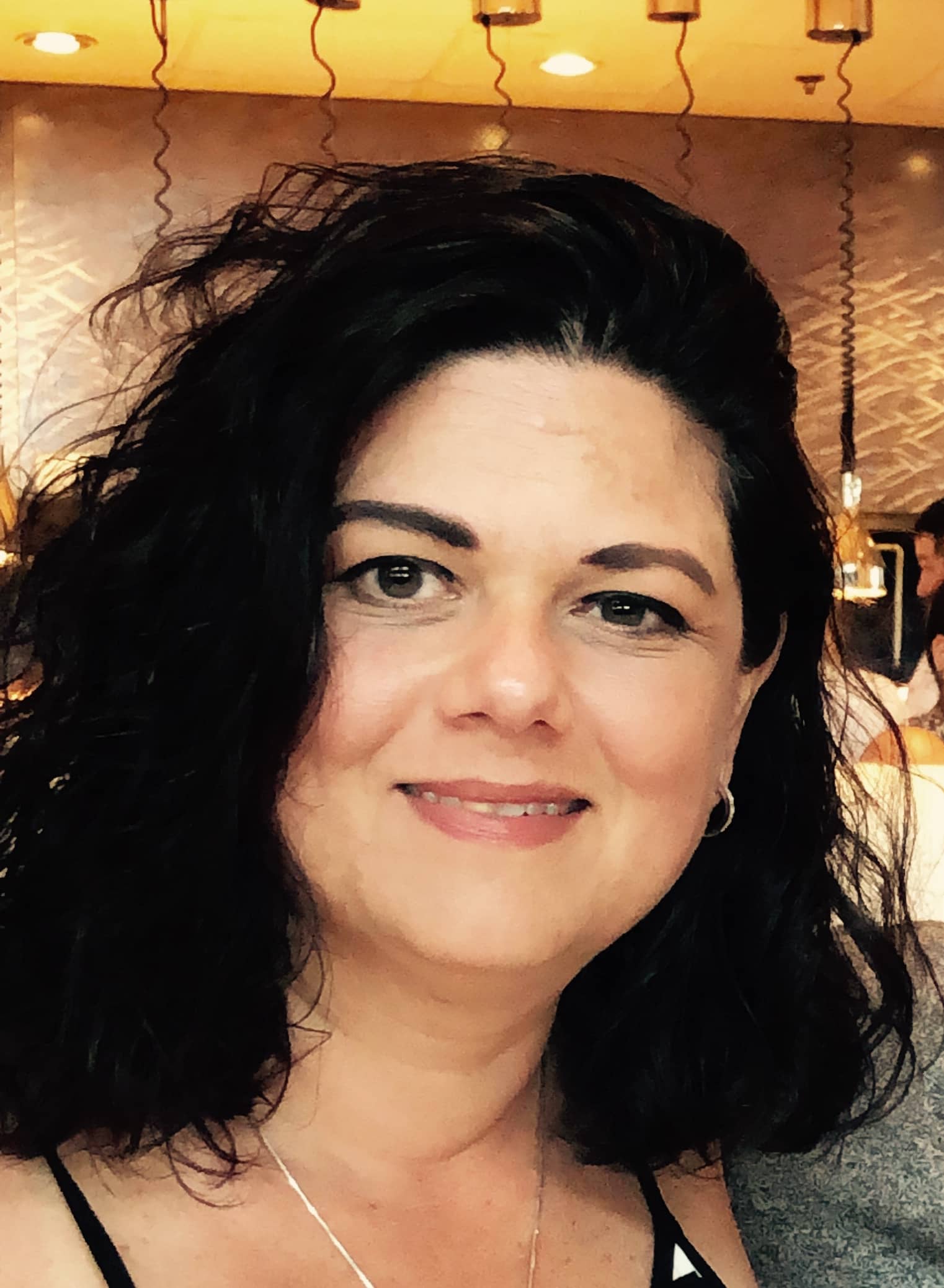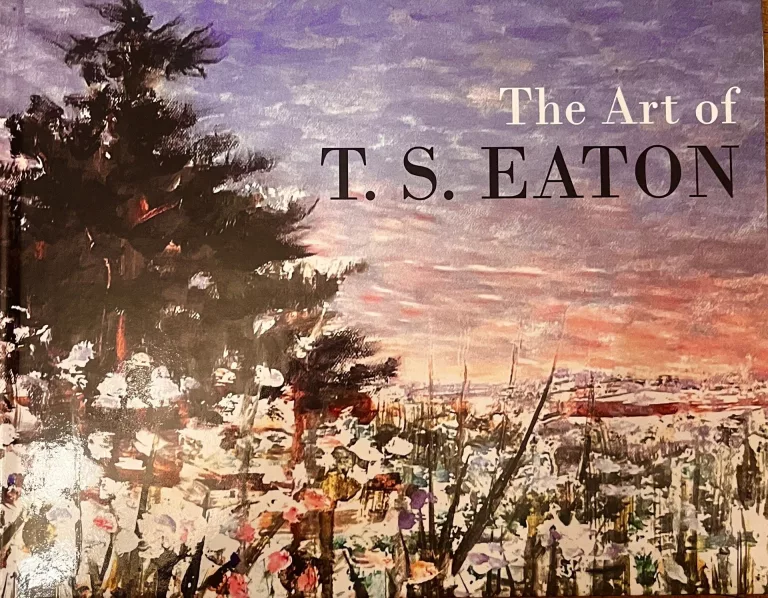
“Is my child ready for Kindergarten?” Part 5 Communication Articulation
I am sure that everyone can remember a child in their family who had that oh so adorable way of saying “geen” for “green” or “baw” for “ball”. These errors of speech are articulation errors where children substitute one sound for another. A child might say “catpilla” for “caterpillar” which would be leaving sounds out. These are very common errors for young children and can be completely normal. I would argue that most, if not all, of your family members who said “geen” for “green” now have grown and are able to correct that error. Children are learning to make sounds correctly. All learning takes some practice and development.
The American Speech-Language-Hearing Association’s (ASHA) norms for speech acquisition of sounds range from 3 months to 8 years for children who are learning language in an English-only speaking home. For children who are bilingual or whose parents may speak another language, there may be slight differences in the “average” range. What this all comes down to is that children in preschool and kindergarten are still developing articulation skills and will be making some completely typical or expected errors. What we, as parents and early childhood professionals, need is how to support children in their development and when and how to ask for more assistance from a speech language pathologist or the district special education committee when it seems that these errors may not be naturally self correcting. If, after reading this article, you continue to be concerned, please reach out to me through the district website or by phone.
The number one piece of advice every speech and language pathologist I have ever worked with has told me is do not draw attention to your child’s error. I know I said they need to practice but not in the moment your child made the articulation error. Unfortunately, this can cause children to lose confidence in their ability to communicate. Instead of having your child repeat a word, the adult should model in a very natural way.
Child: “I want geen crayon”
Adult: “Here is the green crayon”
If words with “gr” tend to be difficult for your child, this is normal for children ages 3-6 years as blends or two consonants are still developing. However, you can always support your child with models. While reading a book, point out pictures for your child that may start with “gr”. “Where are the children playing ball?” “In the grass!” Sing songs that have gr words in the lyrics. “Green Grass Grows All Around” is a favorite in preschool. Help your child by “writing” a list of all the words they know that start with sh-. Draw pictures to go with your sh- word list. Have a silly conversation where you say every word starting with sh-.
You can use these techniques for all types of sound errors. You don’t need any special materials – just simply sing and talk with your child. Read a book together and enjoy your time with your child. Remember these sounds are developing and our job as parents and early childhood educators is to support them with new sounds/blends as they grow.
What if my child is leaving a sound out? How can I support their development? First, go back to the number one piece of advice, which is please do not draw attention to your child’s error. Keep teaching your child new words. Define words and help your child understand them. On your visit to the farm or watching a farm visit, say, “This vehicle is on the farm. It is a tractor. A truck is another kind of vehicle. So are a car and an airplane.” “Can you think of any others we know?” Play category games in the car or waiting in a long line for a cashier. “Let’s name all the vegetables we know.” Peas, carrots, broccoli there are so many vegetables. Children will learn to use words with a greater number of syllables and leave less sounds out when these words become a part of their daily routines.
Play games with sounds and silly made up words. Small children have difficulty rhyming if expected to find “real” words. However, they love to give you silly words that rhyme. Cat bat fat lat yat …..Children who are a little older will like to clap out or stomp their feet for the number of sounds in a word. Ve-hi-cle – three claps or stomps…hmmm what other words have three claps or stomps.
Children learn by playing, have fun and giggle with your children. You may sound ridiculous saying “shor shinner she shate sheas” “for dinner she ate peas” but your child is secretly practicing sound development. Most importantly your child is laughing and enjoying time with you. Write down that cute way they said a word when they were young so you don’t forget when they have grown out of it. Believe it or not, you may miss it when they are all grown up!





